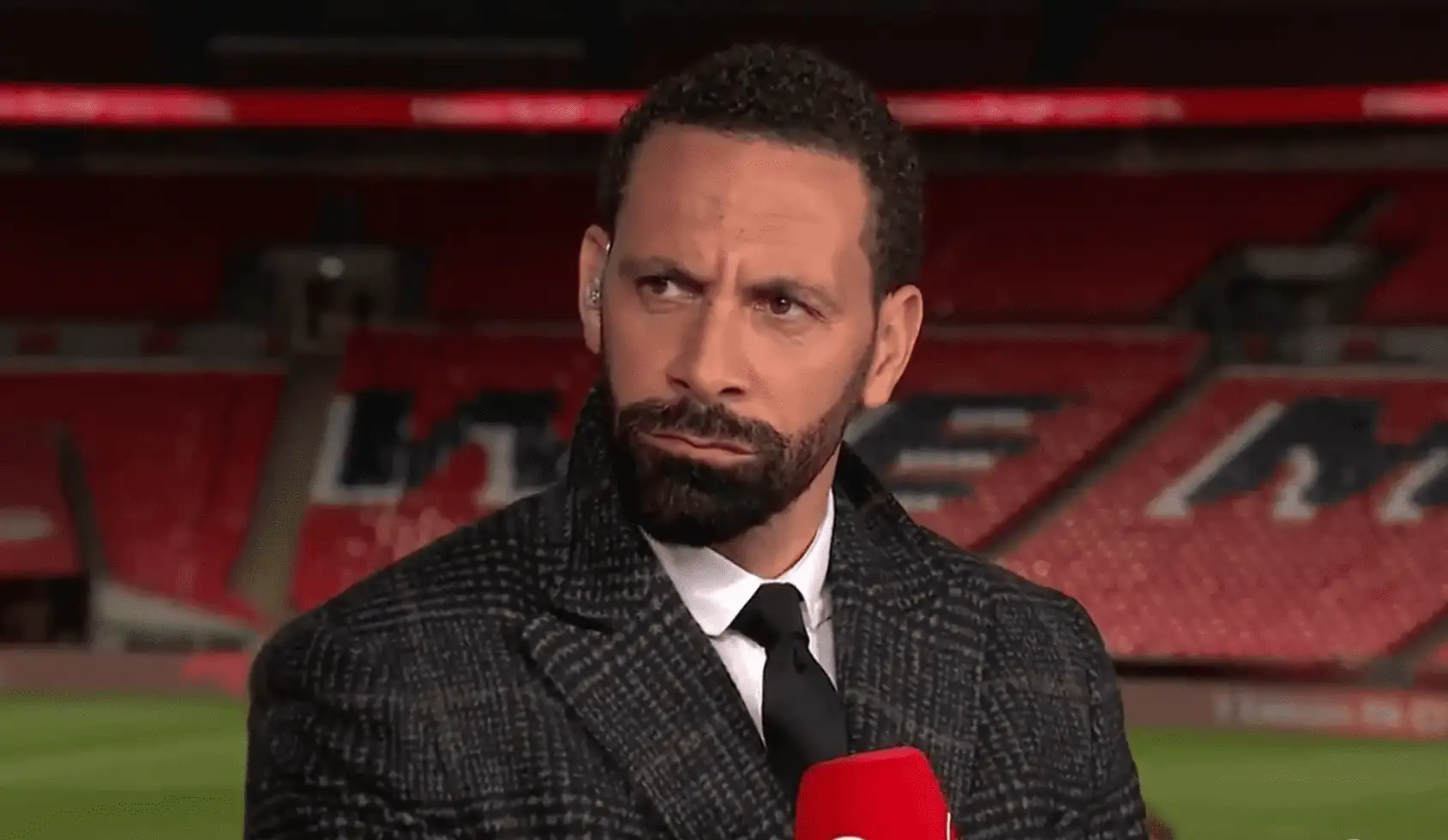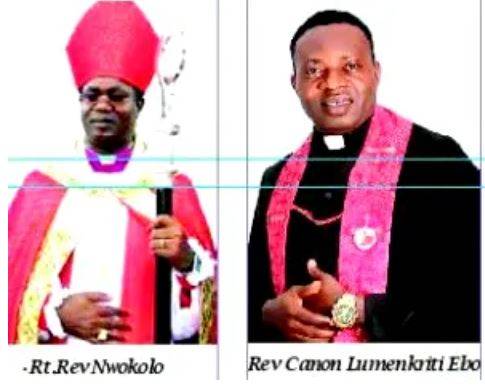Delta governor: States, local councils now salary-paying governments

Governor Ifeanyi Okowa of Delta State believes that Nigeria’s brand of fiscal federalism is skewed to favour an all-powerful federal government, with states left to make do with the crumbs falling off the master’s table.
“There is no doubt that for good governance in this country and for sustainable development, it’s important that the revenue allocation is revisited in such a manner that more money goes back to the sub-national units in our federation,” Okowa said in Asaba, during a sensitisation campaign embarked upon by the Revenue Mobilisation Allocation and Fiscal Commission (RMAFC).
He added that: “At the moment, the federal government is taking too much of the totality of the revenue accruing to the federation to the extent that sub-national governments, including the states and the local governments, are actually short-changed and do not have enough resources.
“They are the governments closest to the people who understand the needs of the people and they are the governments that can truly develop the various localities in such a manner that the impact of government would be felt in our various communities.”
The governor said states in the country are overburdened with lots of responsibilities, especially with a lot of security challenges across the nation.
“In recent times there have been lots of cries on restructuring and the need to devolve more powers to the states and local governments for efficiency and effectiveness of governance.
“There are lots of things being done by the federal government that can be better and effectively handled by the states.
“As at today, the amount the states and local governments take home from FAAC can’t actually take them home in the real sense because the values are getting so low, so minimal that all states are struggling to pay salaries.
“When you turn your states and local governments to salary-paying governments, you have actually destroyed the fabric of development in the nation,” he said.
Okowa deplored the non-review of the 13 per cent derivation given to oil-producing states, adding that oil-bearing communities are faced with environmental degradation and destruction of their sources of livelihood.
He said that the creeks are the most difficult terrains to develop and urged the Sensitisation Committee to take a tour of the creeks of the Niger Delta to appreciate the challenges faced by the people.
“A lot of study has been done by moving around to find out the pains of the people.
“The federal government should not be entitled to more than 40 per cent while the remaining 60 per cent should be shared between the sub-national governments – states and local governments.
“If we are in a federation, all federating units must be treated with respect,” he added.
Nigeria’s revenue allocation formula currently hands the federal government 52.6 per cent, states 26.7 per cent and local governments 20.6 per cent.
Nigeria created six additional states in 1996, which brought the total number of states to 36, with a corresponding increase in local governments from 580 to 774.
Most state governors have continued to clamour for a review of the revenue allocation formula.
TodayNG
editor's pick
latest video
news via inbox
Nulla turp dis cursus. Integer liberos euismod pretium faucibua




